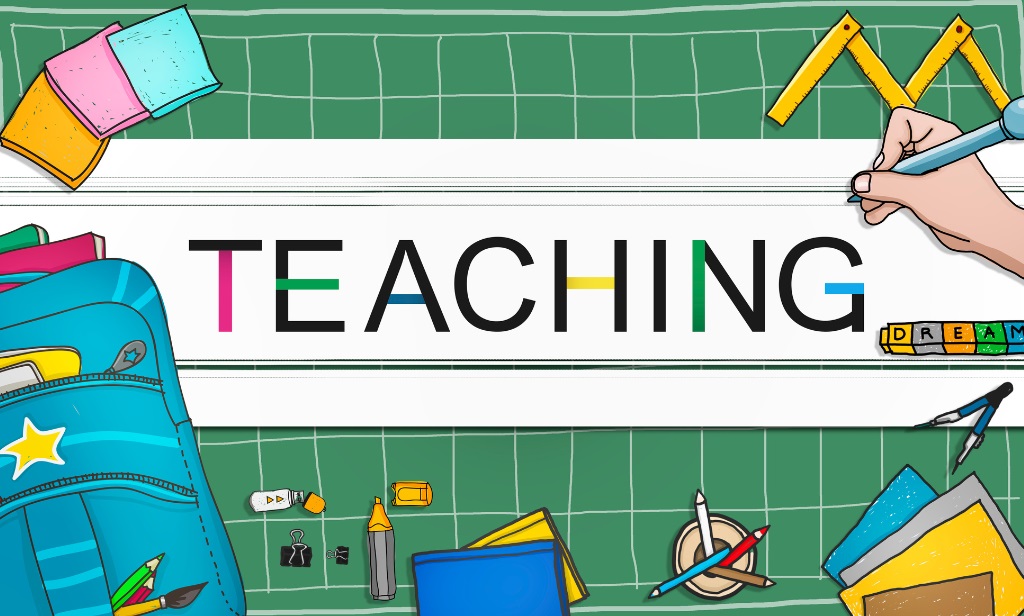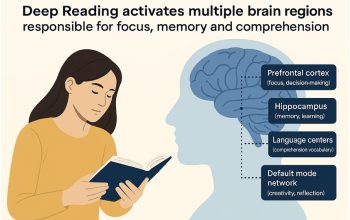The COVID-19 pandemic has brought about significant changes in various aspects of our lives, and education is no exception. As we move towards a post-pandemic era, teaching jobs are undergoing a transformation to adapt to the “new normal.” In this article, we will explore the key considerations and challenges that teachers face in the post-pandemic era.
- One of the primary changes in teaching jobs is the increased reliance on technology. The pandemic has accelerated the adoption of online learning platforms and digital tools. In the post-pandemic era, teachers will need to be proficient in utilizing these tools effectively to deliver quality education. They will need to adapt their teaching methods to engage students in virtual classrooms, create interactive online content, and provide personalized learning experiences. As technology continues to evolve, teachers will also need to keep themselves updated and continuously learn new digital skills.
- Another significant aspect of the new normal is the hybrid learning model, which combines both in-person and online instruction. Teachers must be prepared to navigate this blended approach and create seamless transitions between physical and virtual classrooms. This requires careful planning and organization and the ability to leverage technology to facilitate collaboration and communication among students who may be physically present or attending remotely.
- The pandemic has highlighted the importance of social-emotional learning (SEL). Teachers play a crucial role in supporting students’ emotional well-being and building resilience during these challenging times. In the post-pandemic era, educators must prioritize the development of students’ social and emotional skills, helping them manage stress, develop empathy, and maintain positive relationships. Teachers will need to create safe and inclusive learning environments, provide opportunities for student reflection and self-expression, and foster a sense of belonging within the classroom community.
- The pandemic has also underscored the significance of personalized and differentiated instruction. Many students have faced learning gaps due to disrupted education during lockdowns. Teachers will need to assess and address individual learning needs, offering targeted interventions and additional support to help students catch up. This may require a more flexible approach to curriculum delivery, incorporating remedial strategies, and using formative assessments to guide instruction effectively.
- The post-pandemic era calls for increased collaboration among teachers. Educators have realized the value of sharing resources, ideas, and best practices during this crisis. Collaborative platforms and professional learning communities will become essential tools for teachers to exchange knowledge, engage in peer-to-peer learning, and collectively find innovative solutions to challenges in the classroom.
Online tutoring jobs in the post-pandemic era require adaptation to the new normal. Teachers must embrace technology, navigate hybrid learning models, prioritize social-emotional learning, provide personalized instruction, foster collaboration, and engage parents as partners. While these challenges may seem daunting, they also present an opportunity for educators to innovate and redefine teaching practices to better serve the needs of students in this rapidly changing world. With the right skills, mindset, and support, teachers can successfully navigate the new normal and continue to inspire and educate the next generation.



